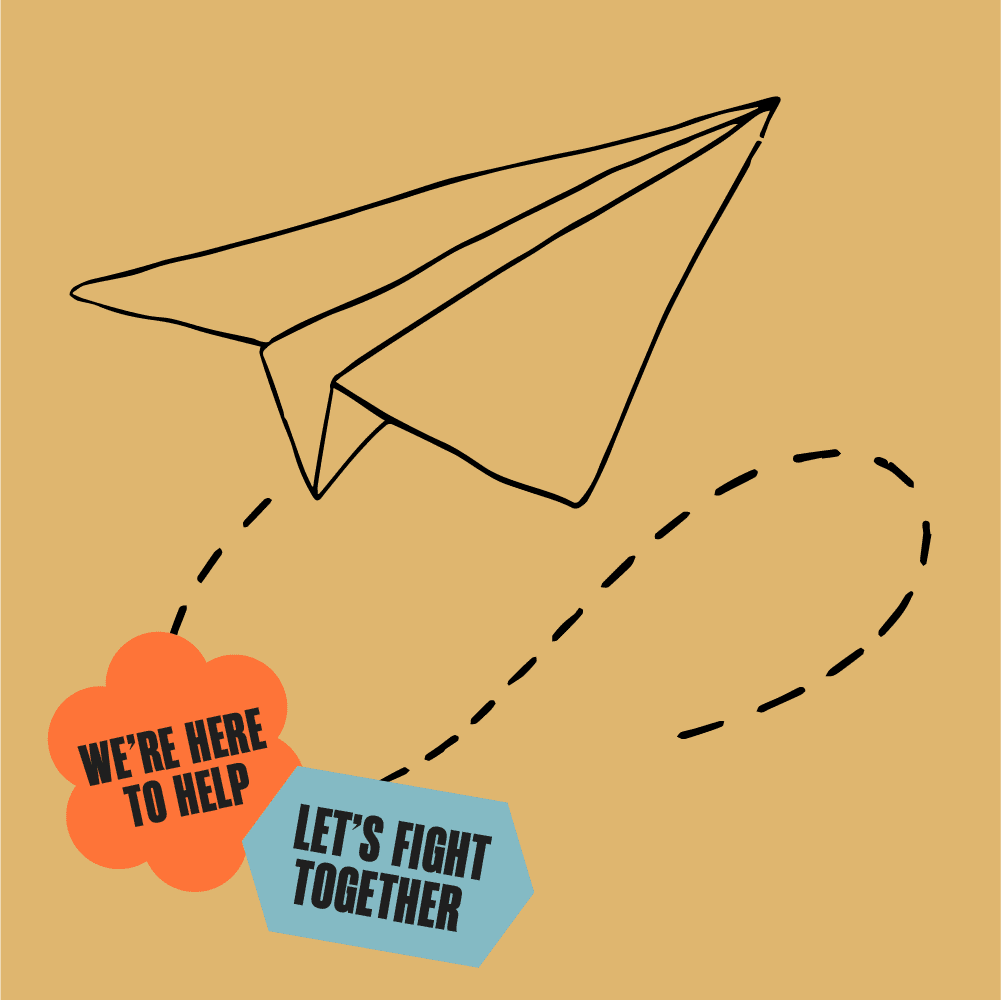A caregiver’s guide to
Communication
Communicating can be challenging on a normal day, but when your loved one has cancer it can open a whole new Pandora’s box. Whether you’re talking to your loved one, friends, or family, you’re on the same team and just like any team, you’re going to laugh, cry, and fight through cancer together.





